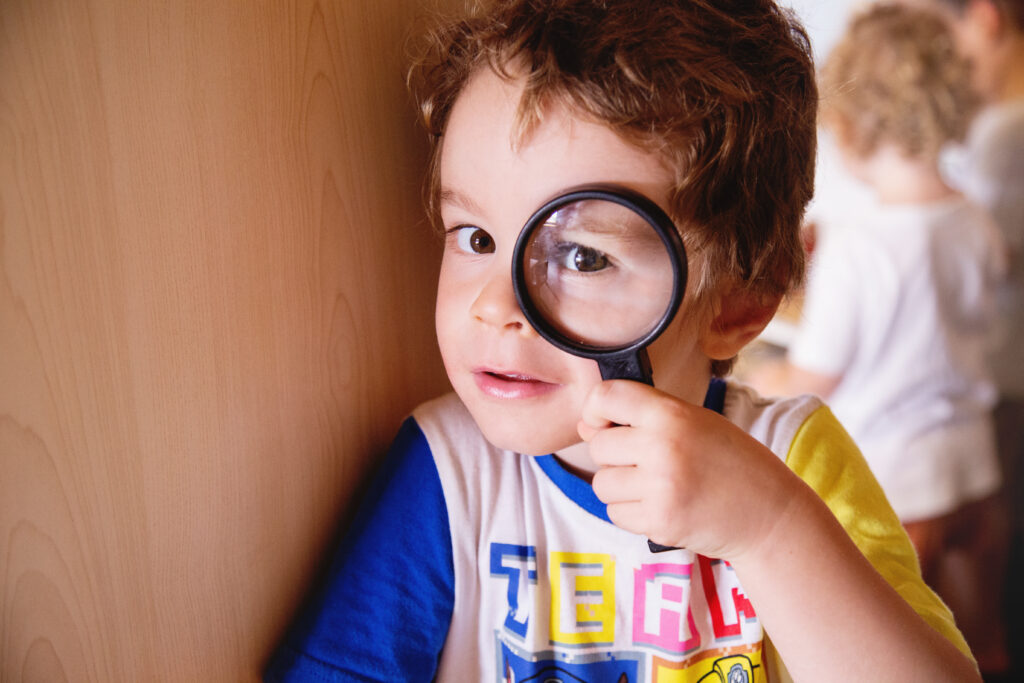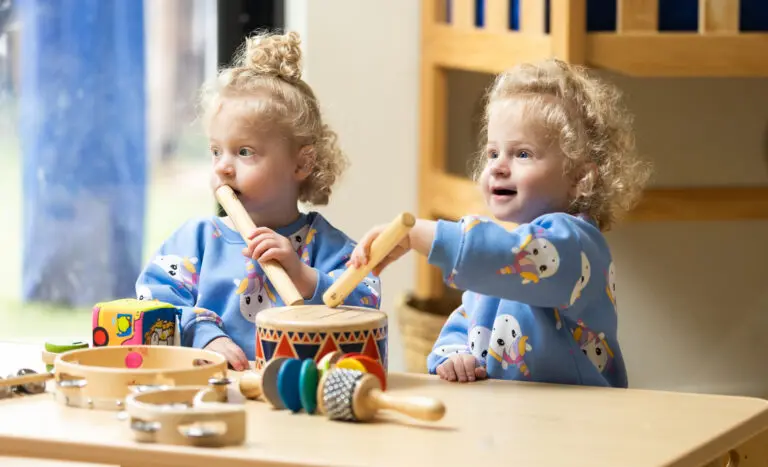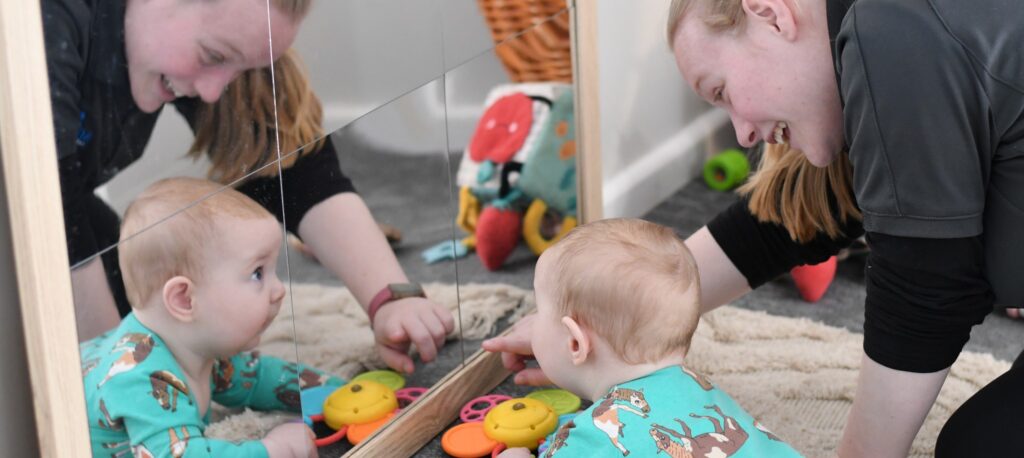
How Educators use Data to Inform Program & Practice
Simply put, data is a collection of information that is used to make informed decisions. In the Early Experiences age groups, educators use both data and teaching strategies like the Abecedarian 3A to ensure the Lifelong Learning program and educator practices are centered on children’s interest and developmental milestones. Although there are many ways data is collected, we will focus on the use of Progress Records.

Using Research To Meet Your Child’s Developmental Needs
The use of data is a crucial part of early childhood education. Most educators rely on data provided through research surveys, conversations with families and children or ongoing observations of children to support children’s development effectively. The data educators receive from these three avenues is documented and used in planning for the best outcomes for children’s learning. At an Early Experience age, children are developing in relation to independence, mastery of language and social skills, and competency in lifelong skills.
Continue reading to find out how these forms of data are used in our Lifelong Learning Centres to promote children between the ages of 1 and 3.

Early Education: Navigating the First Weeks
Many researchers have suggested that it can take up to 6 months to settle an infant into an Early Childhood setting! Click here to explore what behaviours your child may exhibit and how to ease this transition with our Healthy Beginning Educators!